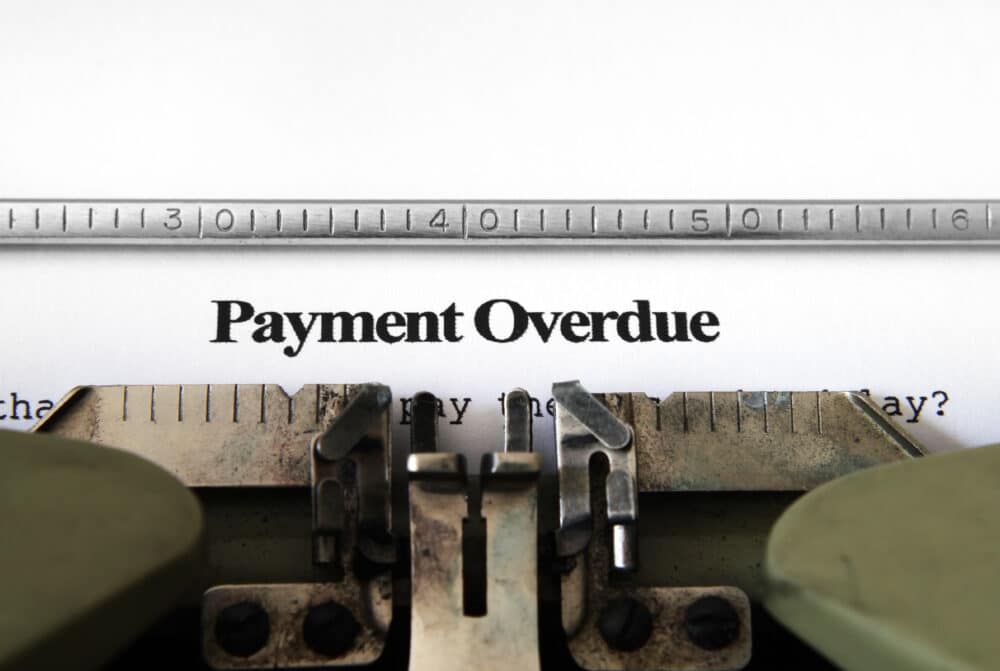Over the last two years or so, many people in different industries have experienced an upheaval in the way they do business, and landlords have not been spared. If you are a tenant, this may take you by surprise and you may be wondering what exactly will happen to you should your own landlord declare bankruptcy. Read on to see what happens in such cases so that you can be ready in case there’s a chance of this happening to you.
You Have to Keep Paying Rent
The first thing to note is that you have to keep paying rent as usual, as long as nothing else has been done by the courts. This is because the landlord’s bankruptcy does not affect your obligations as a tenant to continue paying rent. While the bankruptcy is still pending, the landlord also needs to continue performing any obligations to you as the tenant that they have under the lease. At this point, there’s clearly nothing much that needs to change, especially for a residential tenancy.
They Can Either Assume or Reject the Lease
A landlord who has filed for bankruptcy may choose to either reject or assume leases as they see fit, depending on the terms of the lease as well as its goals. If they assume the lease, this means that they have to continue performing their obligations to their tenants as agreed up to the end of the lease’s term. They should additionally provide adequate assurance to the tenant that they will continue performing their duties. This is especially important if the landlord assumes the lease and assigns it to a third party, as is the case if they sell the property with leases still pending.
Alternatively, the landlord may reject the lease and thus not be obligated to continue performing what the lease requires them to perform. In this case, the tenant has two options. The first one is to move out and file a claim for the amount they are owed as this will count as a breach of their lease. The second option is to remain on the premises and for the remaining term of the lease. In this case, the tenant should understand that the landlord is no longer going to perform their obligations under the lease.
The tenant may credit the landlord all the same for failure to perform their duties. This may not be too heavy a burden for them to bear since, under Chapter 7 bankruptcy, debts including medical bills, credit card balances, overpayments, and personal loans can all be discharged. This allows for more freedom moving forward.
Automatic Stay Comes Into Play
All repetition debt is prohibited when a landlord files for bankruptcy. This comes into play in the rare event that the landlord owed you, the tenant, some money. In this case, especially if the landlord was holding a tenant’s security deposit, the tenant should obtain a bankruptcy court order that calls for the landlord to return this amount. Payroll management, which makes up 25% of accounting practices, may have been delegated to a third party for the property in which you are a resident. You can still file for any money that was owed to you in this case by following the relevant legal steps.
The Property May Be Sold
Finally, in the event that the property gets sold to a third party by your landlord, the outcome will be dependent on the court. This is because some courts rule that tenants should remain in place in this event while others rule that the sale is free and clear, meaning that the new landlord is no longer obligated to continue with the lease and the tenants may have to move out or wait to sign a fresh lease. Keep in mind that 80% of property managers are tasked with performing building maintenance in the management of a property on top of collecting rent. In this case, the property manager may not be able to guarantee you any security as they are simply an employee of the landlord.
It’s important to discuss with your lawyer the steps to take if you realize that your landlord has filed for bankruptcy. In this case, they will advise you to secure your interests and navigate the situation based on your specific circumstances.










